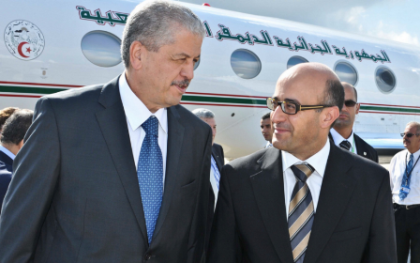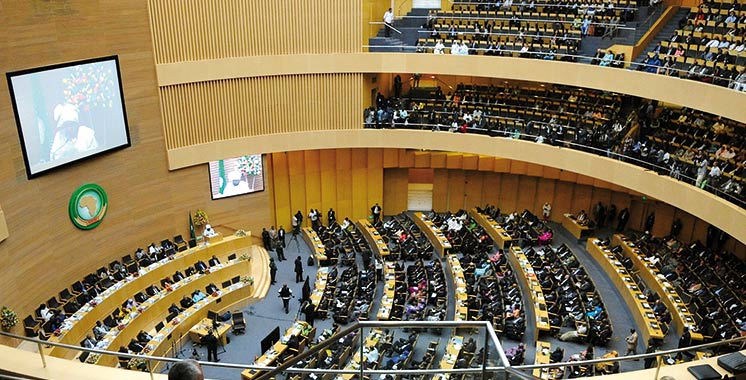 The drop in oil prices has taken a heavy toll on Algeria’s budget revenues with the trade deficit expanding to 15.8 billion dollars as of October compared to 13.7 billion dollars the same period last year.
The drop in oil prices has taken a heavy toll on Algeria’s budget revenues with the trade deficit expanding to 15.8 billion dollars as of October compared to 13.7 billion dollars the same period last year.
By the end of October, Algeria’s export revenues slipped by 23.44% standing at 22.7 billion dollars propelling the government to adopt austerity measures leading to a drop in imports, which stood at 38.5 billion dollars compared to 43.5 billion dollars by the end of October 2015.
As its foreign exchange reserves continue to shrink, Algeria along other OPEC members are pushing for a production freeze. In this respect, Algeria called for 1.1 million barrels per day (bpd) in cuts by OPEC members and a decrease totaling 600,000 bpd by non-members.
The IMF estimates that Algeria needs a barrel price of 110 to maintain macro-economic balance at a moment economic analysts warn of an upcoming budget crisis if oil prices remain at current levels around $50 per barrel.
Observers see that Algeria’s heavy dependence on hydrocarbon revenues, which make up 95% of exports, will further diminish the country’s foreign exchange reserves. Recently Algiers resorted to foreign debt with a 900-million-euro loan from the African Development Bank.
In the absence of efficient economic diversification, the government adopted a 2017 finance bill providing for austerity measures, taxes and curbing subsidies in a country where the social contract is based on generous handouts to the people.
The drop in oil price with the ensuing lift of subsidies is a manifestation of the predicament of the rentier state which carries the risk of domestic unrest as social cohesion hinges on state largesse.



